
I was at a friend’s house after a long day of work. He was out on the balcony smoking a cigarette. ‘You know what?’ he said, returning inside. I could sense some philosophizing had been done out in the night air. ‘Platform teams… we are just… migrators. We move from PagerDuty to Incident.io, or from GitLab to GitHub. We’re migrators. It’s what we do’.
I couldn’t help but laugh. Because behind the flashy titles and the platform conferences, much of platform work is thankless, behind the scenes and dirty work. In large organizations, a sizable amount of the work on our backlog is migrations. Whether that’s migrating from CloudFormation to Terraform, or migrating off a monitoring or CI vendor to negotiate a better rate.

However, actually automating those migrations, and not needing to send thousands of chaser emails and juggle spreadsheets is something platform teams have only dreamed of. There have been no real mainstream tools making it out of university campuses or big tech to help us here.
But, maybe not anymore?
With agents, it feels there is light at the end of this ‘automated migrations’ tunnel. Agents represent a leap from individual productivity to autonomy that has finally broken us out of the ‘one developer steering a single AI’ paradigm. We now have ‘background’ and/or ‘async’ agents that we can delegate to, and that means a new frontier we’ve unlocked is that of migrations.
Even if we take a simple coding agent like Claude Code, or Cursor with only the GitHub CLI, large parts of a migration can already be automated.
For instance:
- Discovery and planning: If you give your agents search tools like gh search, we can ask our agent to search our entire codebase and filter out stale repositories using git history. Creating a CSV is simple for an agent that can be imported into a spreadsheet to track. The agent can even use gh issue create to create the migration issues, and with git history can find the developers or teams to assign the tickets to.
- Execution and feedback: Then, we can instruct and prompt an agent to pick up an issue with gh issue view to pull context and apply changes. When the coding is done we have gh pr create that we can use to open PRs and get human feedback. The agent can even pick up and address the comments using gh pr view --comments.
- Validation and rollout: To ensure that our changes work, build and lint correctly we can also programmatically read our continuous integration logs with: gh run view to iteratively fix build issues until our pull requests are green.
Even with this simple, still somewhat manual approach, what would have taken weeks or months is now significantly compressed. You can see how adding sandboxing for isolating agents, orchestration to scale and triggers to respond to events like pull request comments gives us highly potent technology to rip through organization-wide migration projects.
Of course, there are hurdles like securing agent executions, breaking down migrations into small steps, and the ecosystem catching up to provide high-quality MCP or CLIs for tools like issue trackers and continuous integration. But that being said: the foundational technologies are here. It’s now more a discussion of how best to package these up and we might just be witnessing the ‘sword being pulled from the stone’ on large-scale automated migrations.
Soon, everyday platform teams with modest budgets will have their own automated migration tools. Of course, agents aren't magic; they struggle with contextual business logic and require guardrails. Additionally, the market of tools for agent-powered migrations is nascent. That said, platform teams can and should start to explore and experiment so they have the right foundations in place to take advantage of these tools that are on the horizon.
I’ve already been working with customers on automated large-scale migrations by leveraging orchestrated background agents for use cases like CVE remediation, Java migrations, and keeping code aligned to standards. This feels like sci-fi even as I write it, but this interview with Matt and Chris on the Scaling DevTools podcast goes deeper into how it actually works orchestrating coding agents even in highly secure and regulated companies.
Science fiction just became a lot less fiction and it’s awesome to be a part of it.



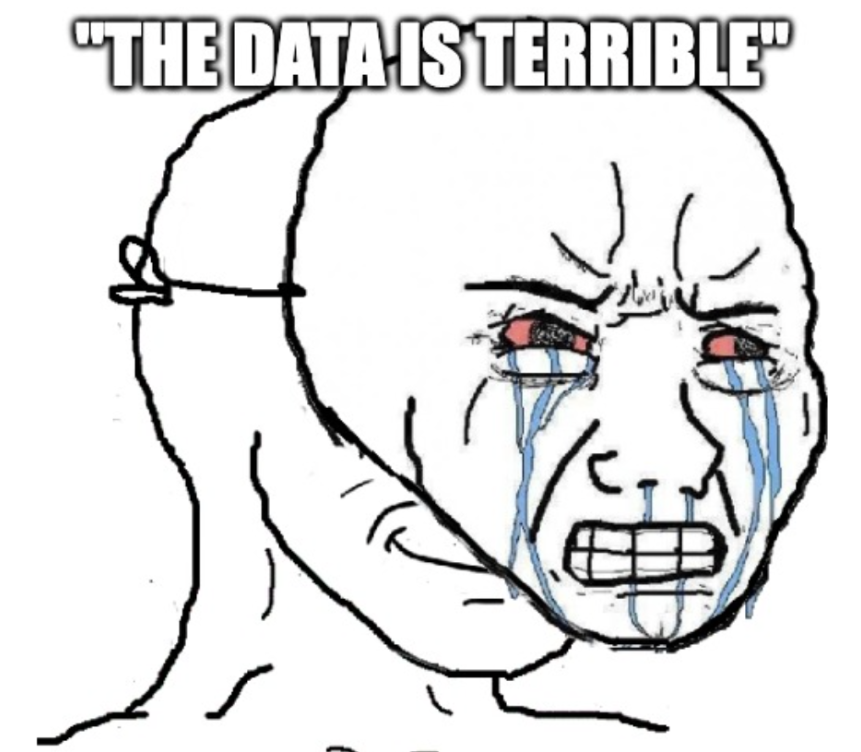
















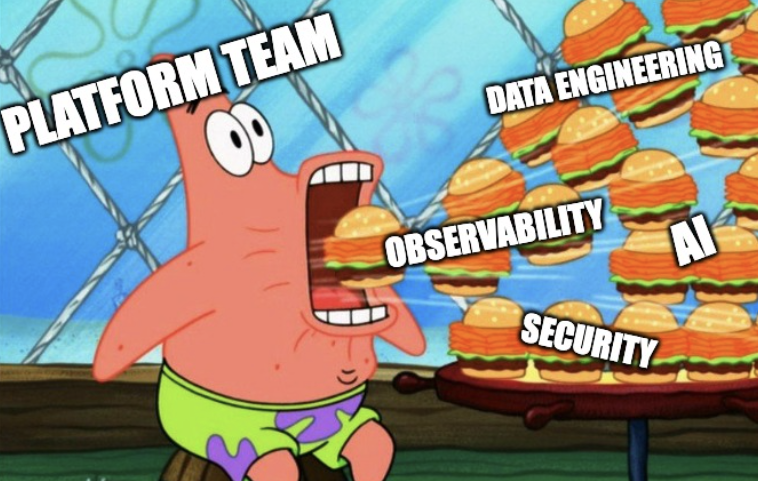
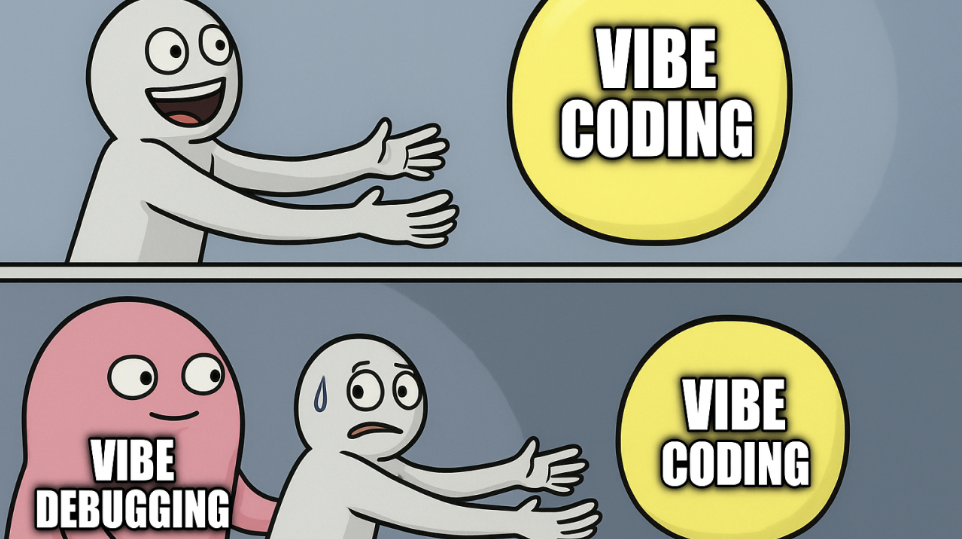



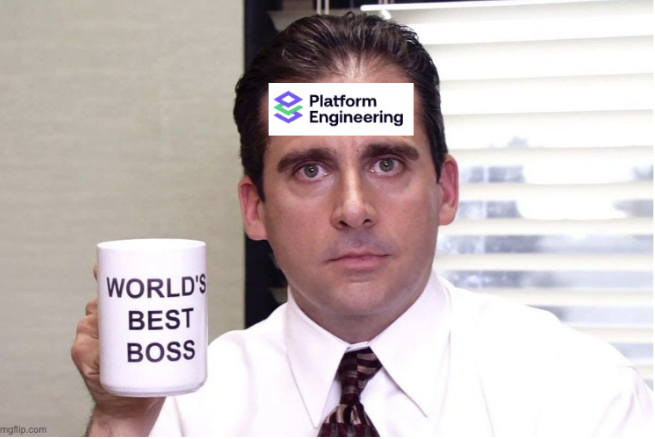
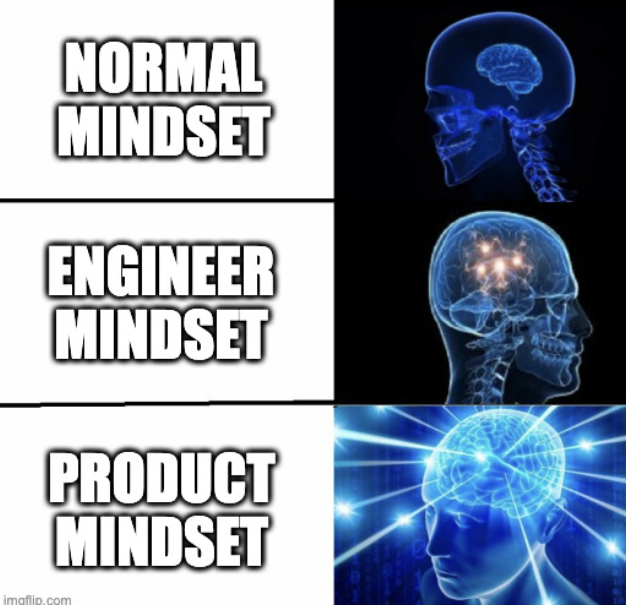





.webp)
.webp)




.webp)
.webp)


.webp)
.webp)
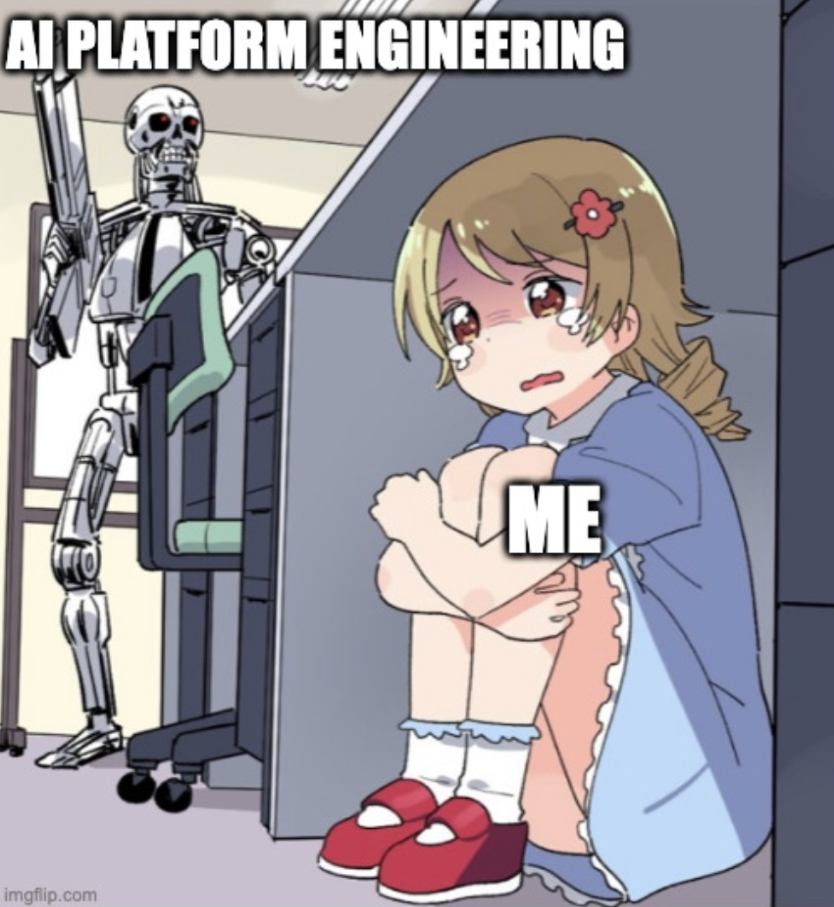
.webp)


-1.webp)














.jpg)
.jpg)
.jpg)
.jpg)
.png)
.jpg)
.png)
.jpg)
.jpg)
.jpg)


.jpg)
.jpg)
.jpg)
.jpg)
.jpg)
.png)
.jpg)
.jpg)
.jpg)
.jpg)
.jpg)
.jpg)
.png)
.jpg)
.jpg)
.jpg)
.jpg)
.jpg)
.jpg)







